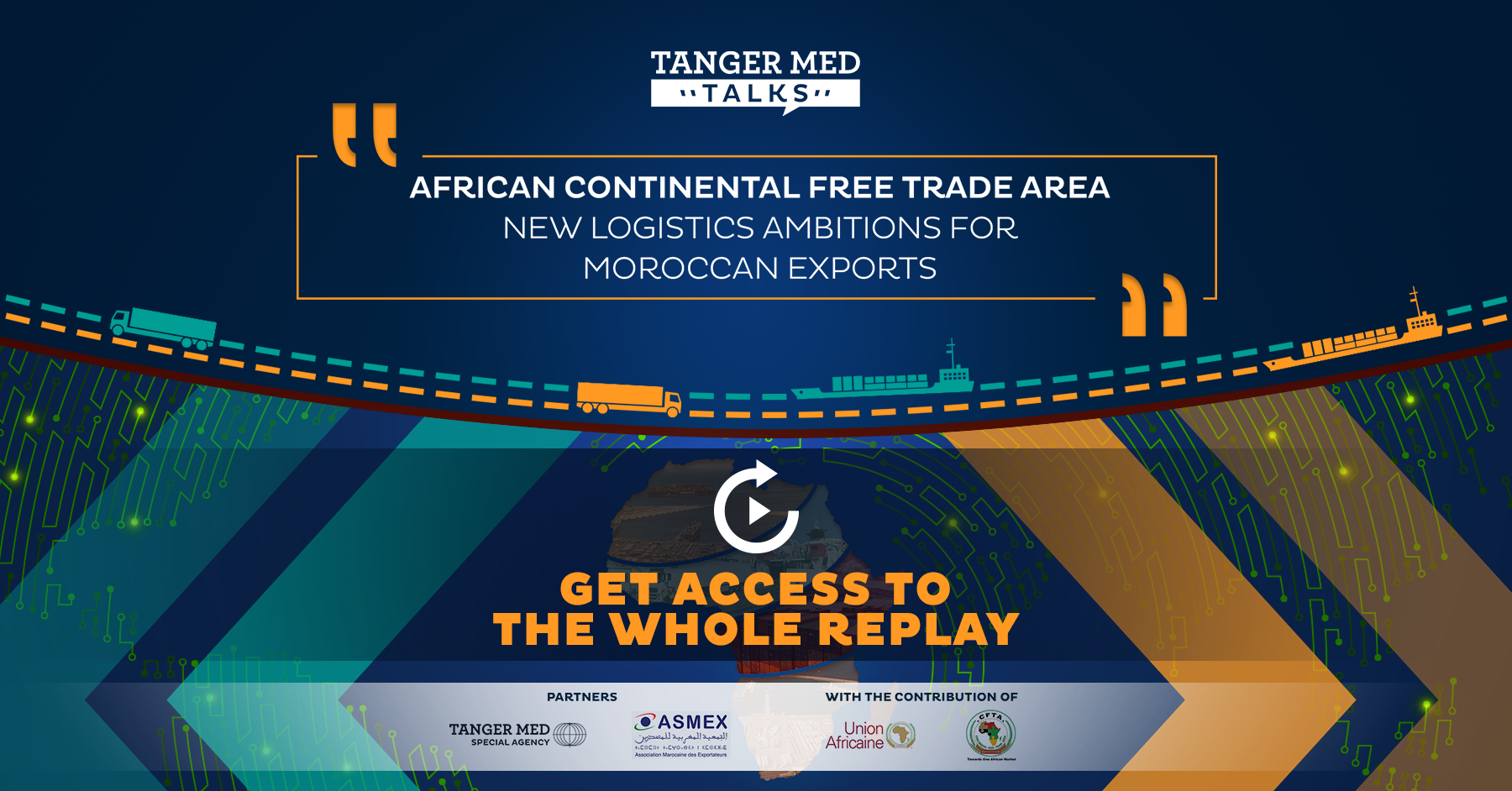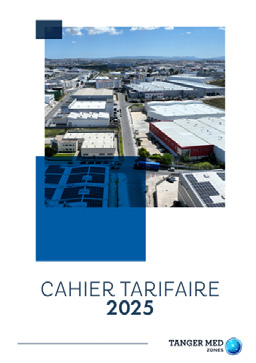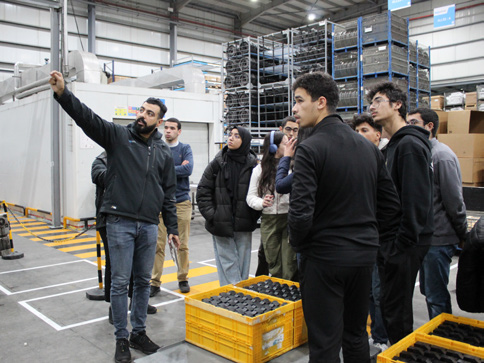×
×










Tanger Med Port Authority
www.tangermedport.com
Tanger Med Zones
www.tangermedzones.com
Tanger Med Passagers
www.tangermed-passagers.com
Cires Technologies
www.cirestechnologies.com/
Tanger Med Engineering
www.tme.ma
Tanger Med Utilities
Tanger Med Utilities
Tanger Med Port Community System
www.tangermedpcs.com/fr
Marsa Maroc
www.marsamaroc.co.ma/

African Ports Task Force
African Ports Task Force

Africa Economic Zones Organization
www.africaeconomiczones.com





